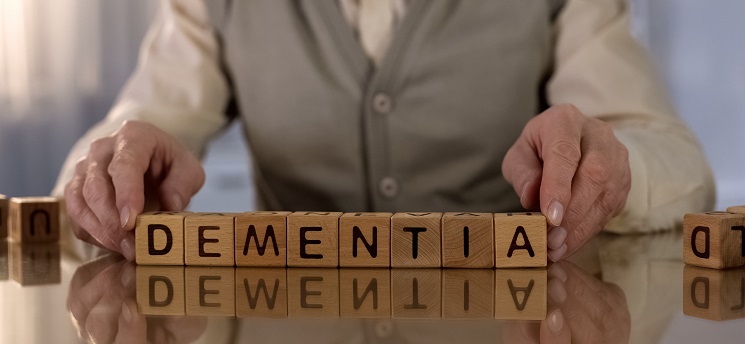A trial of a ‘cocktail’ of non-drug interventions has improved the cognition of middle-aged people considered at risk of dementia.
The randomised trial focused on people who feel their cognition is declining, despite no changes being identified by clinical testing. The program, run over six months, assessed the impact of guidance from professionals on dementia education, the Mediterranean diet and physical activity.
It found that targeted interventions of healthy middle-aged people could not just arrest cognitive decline, it improved their cognitive functioning when compared to a control group after six months.
Professor Kaarin Anstey, director of the University of New South Wales Ageing Futures Institute and senior research scientist at Neuroscience Australia (NeuRA), told the ABC’s Health Report that people who describe “subjective cognitive decline” have twice the risk of developing mild cognitive impairment and people with mild cognitive impairment have a 5 to 10 per cent chance of progressing to dementia within 12 months.
Prof. Anstey says more than one risk factor at a time was targeted “because we don’t know exactly which risk factor is salient for which person, and we think we will get a much bigger effect if we target everything at once”.
One group of participants made lifestyle changes such as seeing dietitians or exercise physiologists and completing brain-training tasks.
The control group was given dementia education minus face-to-face consultations with professionals.
Former science teacher Bob Gardiner told the Canberra Times he was afraid he was “losing his marbles” before he took part in the study.
Mr Gardiner lost 7kg, returned to exercise and published a children’s book during the study.
“If you are right off track, it’s a good way to get on track; if you’re already in that line, it’s a good way to sharpen it,” Mr Gardiner said.
“No matter what your situation is, you can improve your lifestyle, you can reduce your risk of dementia,” designer of the program PhD candidate Mitchell McMaster said.
“(The) best way to do that is to get some expert assistance, dietitians, exercise physiologists, but it’s also things you can do in your own home.”
Mr McMaster said the development of dementia could be stalled without radical lifestyle changes.
He recommended taking up new hobbies, doing at least two-and-a-half hours of exercise a week and making small changes to diet.
“If you change a lot of your lifestyle, you make big changes, but it’s probably not sustainable – it’s more beneficial to make smaller changes you can keep up long term,” he said.
“If you’ve kept that up and it’s going okay, then in the future you may initiate more changes.”
This is backed up by Prof. Anstey, who says participants start off very enthusiastic about dementia brain training “but they get bored with it”.
“So, we had about a 20 per cent adherence to the full program of brain training. Most people started the brain training, but they didn’t stick with it.”
Prof. Anstey helped develop the Australian National University’s dementia risk score assessment (ANU-ADRI).
“So, we synthesised all of the literature on risk factors for dementia that was available at the time, and we developed a weighted composite risk score which is freely available, and people can go in and assess their risk …”
The ANU-ADRI is described as “an evidence-based, validated tool aimed at assessing individual exposure to risk factors known to be associated with an increased risk of developing Alzheimer’s disease in late life, that is, over the age of 60 years”.
A separate ANU study this year revealed that depressed people may be more at risk of developing dementia.
Neuroscientist Daniela Espinoza Oyarce discovered that part of the brains of depressed people shrinks, which could indicate Alzheimer’s disease and dementia will follow.
“We found people who have depression alone have lower brain volumes in many areas of the brain, and in particular the hippocampus,” Ms Espinoza Oyarce said.
The hippocampus is linked to memory and the ability to learn.
“This becomes even more relevant later in life because a smaller hippocampus is a risk factor for Alzheimer’s disease and may accelerate the development of dementia.”
Have you tried the dementia risk score assessment? Would you be prepared to make changes in lifestyle to avoid the risk of dementia?
If you enjoy our content, don’t keep it to yourself. Share our free eNews with your friends and encourage them to sign up.
Related articles:
https://www.yourlifechoices.com.au/health/your-health/health-news/reduce-your-risk-of-dementia-2
https://www.yourlifechoices.com.au/health/your-health/health-and-ageing/younger-onset-dementia
https://www.yourlifechoices.com.au/work/news-work/work-life-linked-to-dementia

